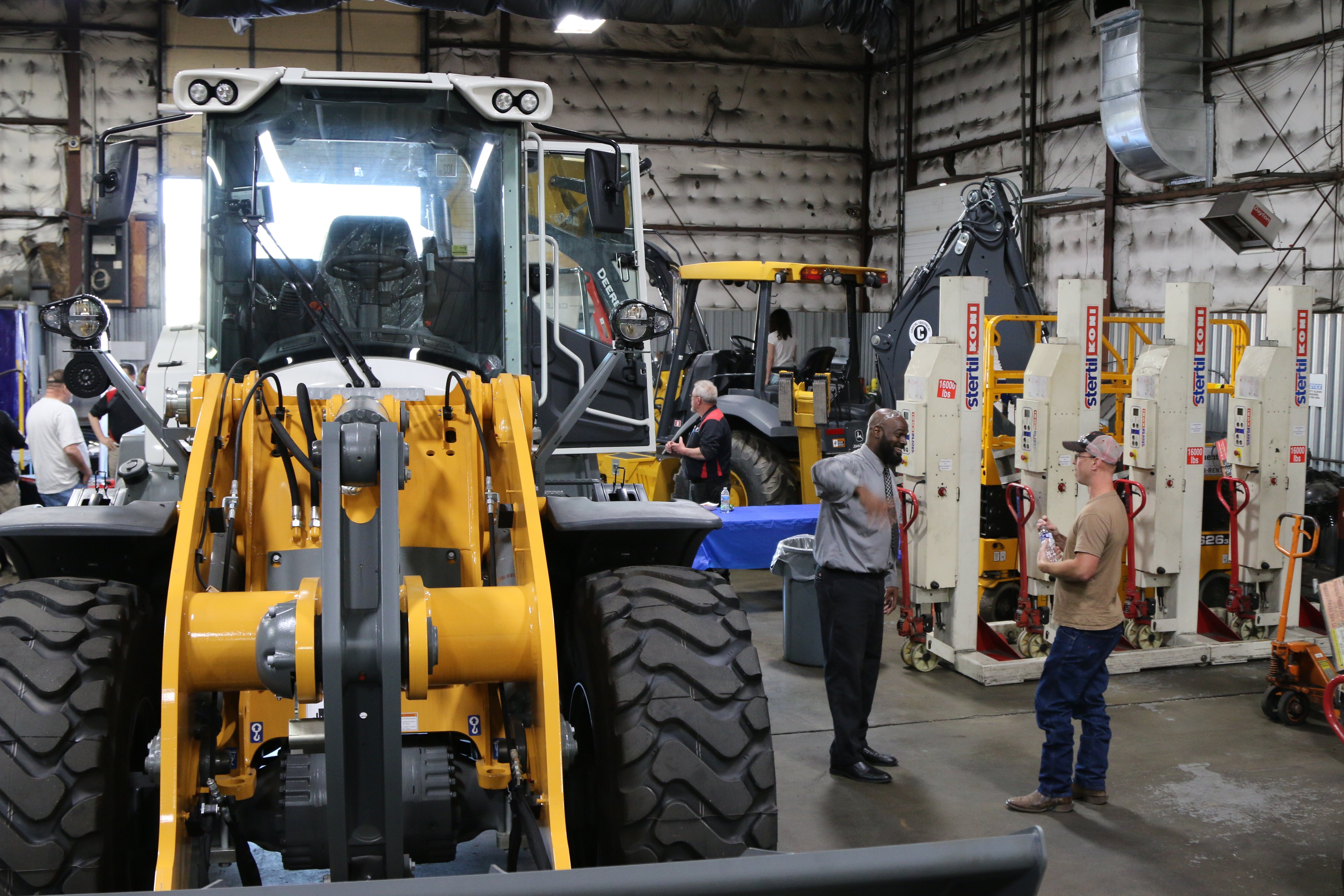What is a Technical School?

In today’s fast-changing job market, many people are looking for practical education that leads directly to a career. One popular option is a technical school. But what is a technical school, exactly? Also known as technical colleges, these institutions provide specialized training in specific fields, usually in hands-on or skilled trade industries. From healthcare and IT to welding and automotive technology, technical schools offer focused programs that prepare students for careers more quickly than traditional four-year colleges. These programs are ideal for learners who prefer applied, skill-based training and want to avoid the extended, theory-heavy format of a conventional university.
Let’s explore the types of education technical schools provide, how they compare to traditional colleges, and whether they might be the right choice for your goals.
Quick Links
-
What Do You Learn at Technical School?
-
Does Technical School Count as College?
-
Is Technical School Better Than College?
-
Is a Technical College a Trade School?
-
Are Technical Schools Worth it?
What Do You Learn at Technical School?
One of the most attractive aspects of a technical school is the type of education it provides. Unlike traditional colleges that emphasize general education and theory, technical schools focus on hands-on, career-specific training. These programs are designed to teach students practical skills they can apply immediately in the workplace. If you're asking what a technical school in terms of curriculum is, the answer is clear: career-ready skills.
Areas of Expertise:
Technical schools cover a wide range of industries. Some of the most popular programs include:
- Information Technology (IT): Network administration, cybersecurity, and software development.
- Skilled Trades: Welding, electrical systems, HVAC (heating, ventilation, and air conditioning), and plumbing.
- Automotive Technology: Automotive repair, diesel technology, and collision repair.
Program Structure:
These programs are typically shorter in duration—ranging from a few months to two years—and are often structured as diploma, certificate, or associate degree programs. This makes them appeal to students who want to enter the workforce quickly and avoid significant student debt. In many cases, students can begin earning and gaining experience while their peers in traditional colleges are still completing general education courses.
Does Technical School Count as College?
This is a common question. The answer is both yes and no—it depends on how you define “college.” Yes, in terms of post-secondary education: A technical school is a form of post-secondary education, meaning it comes after high school. Like traditional colleges, technical schools prepare students for specific career paths and often offer degrees or certifications.
Differences between Technical Schools and Traditional Colleges:
|
Technical School |
Traditional College |
|
Career-focused training |
Broader academic education |
|
Shorter programs (months to 2 years) |
Longer programs (typically 4 years) |
|
Offer certificates, diplomas, associate degrees |
Offers associate, bachelor’s, and graduate degrees |
|
Hands-on learning |
Mix of theory and some practical training |
So, does it count as college?
Yes, because education continues beyond high school. No, because it doesn’t follow the traditional four-year academic path. Still, both serve important roles in preparing the future workforce.

Is Technical School Better Than College?
Is technical school better than college? That depends on your career goals, learning preferences, and financial situation. Here’s a look at the pros and cons of each:
|
Technical School Pros |
Technical School Cons: |
|
Shorter programs help you start your career faster
|
Narrower academic scope |
|
Lower overall cost than a four-year college
|
May offer fewer long-term advancement options |
|
Practical, job-ready training
|
Limited general education |
|
Flexible scheduling options
|
|
|
Traditional College Pros: |
Traditional College Cons: |
|
Broader academic foundation |
More expensive and time-consuming |
|
More opportunities for higher degrees and promotions |
Less focused on direct job skills |
|
Richer campus life and networking |
Longer wait to join the workforce |
In summary, is technical school better than college? It can be, especially if you want a faster, affordable route to a stable, rewarding career.
Is a Technical College a Trade School?
While the two terms are often used interchangeably, there are subtle differences between technical colleges and trade schools.
|
Similarities: |
Differences: |
|
Both offer hands-on training for specific careers. |
Trade schools usually focus on traditional skilled trades like welding, plumbing, or electrical work |
|
Both can lead to certifications, diplomas, or associate degrees. |
Technical colleges may offer a broader range of programs, including IT, healthcare, and business.
|
|
Both typically take two years or less to complete. |
Technical colleges may also provide more general education and transferable credits.
|
|
Both aim to prepare students for the workforce quickly. |
Trade schools often have shorter, more streamlined programs focused solely on job-specific skills.
|
So, while technical schools and trade schools have a lot in common, they aren’t the same. Is a technical college a trade school? Not quite. A technical college is often more comprehensive and may provide more options for students looking to expand or transfer their education later, especially if they decide to pursue a bachelor’s degree in the future.
Are Technical Schools Worth it?
Given everything we've covered, you may be asking: Are technical schools worth it? For many students, the answer is a resounding yes.
Pros of Attending a Technical School:
- Enter the workforce faster
- Learn job-ready skills
- Smaller class sizes and more instructor attention
Cons of Attending a Technical School:
- May limit long-term flexibility if you want to change careers
- Fewer opportunities for advanced degrees
- Not all programs are transferable to four-year colleges
Are technical schools worth it ultimately depending on your goals. If you’re looking for a fast, practical route to a solid career, technical school can offer incredible value.
Whether you’re just graduating high school or thinking about a career change, a technical school can open doors to exciting and rewarding opportunities. These institutions offer specialized training in growing industries, helping students launch their careers without the time or expense of a traditional college degree. With the right program, you can quickly gain the skills and confidence needed to thrive in today’s workforce.
If you’re ready to explore academic options, consider visiting the Advanced Technology Institute (ATI). From technical skills to leadership development, ATI offers a wide range of hands-on programs in fields like welding, automotive technology, and HVAC.
Industry Knowledge
Welcome to the Advanced Technology Institute's Blog, your resource for industry insights and discussions on technologies shaping the future of automotive, heavy vehicle, hvac, welding, and other related career paths.
Explore how ATI's curriculum and hands-on learning opportunities can propel your career in the tech-driven world.
.jpg)

%20(1).jpg)